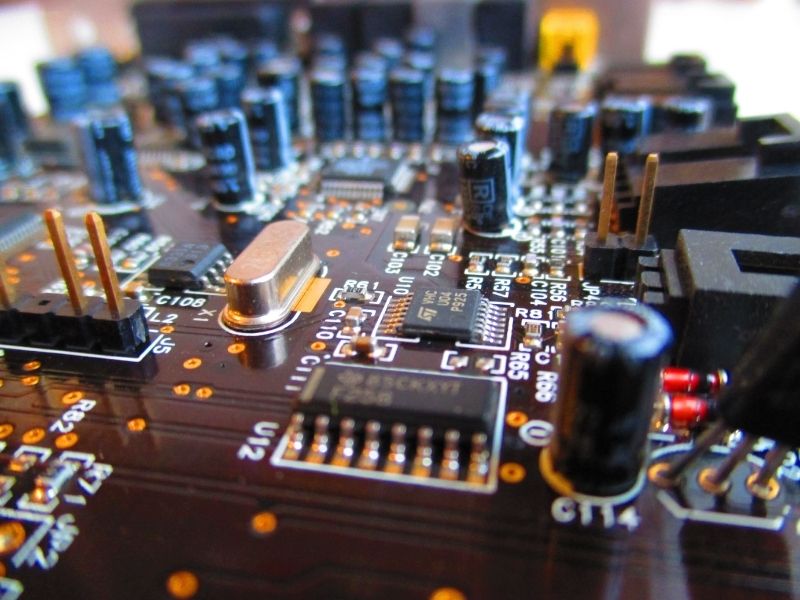Industry: Engineering
What is Electronics and Communication Engineering?
Electronics and communication engineering (ECE) is the stream of engineering dealing with the research, design, development and testing of communication electronic systems like transmitters, receivers, integrated circuits and software applications. ECE also involves the conceptualization of the manufacturing of basic electronics, analog and digital transmission and reception of data, microprocessors, communication and broadcast systems.
Job Description
- Responsibilities of an electronics and communication engineer include designing, inspecting, testing, and updating electronic systems, components, equipment, and software
- Developing effective maintenance, testing, and quality control procedures and ensuring compliance with safety regulations
- Analysing the needs of internal customers to determine system requirements and the cost of developing electronic system plans
- Conducting system evaluations and making appropriate recommendations to modify designs or repair equipment as needed
Eligibility and Courses
Class 12
Science stream with physics, chemistry and mathematics as core subjects.
Under Graduate Courses
- B.Tech./B.E. in Electronics and Communication Engineering (ECE)
- B.Tech. in Electrical and Electronics Engineering
- B.E. in Electronics and Telecommunication Engineering
- B.Sc. in Electronics and Communication Systems
- Diploma in Electronics and Communication Engineering
Career Profiles
Top 5 Institutes for Electronics and Communication Engineering courses
1. National Institute of Technology (NIT), Tiruchirappalli
Value for Money- 4.7/5
Bachelor Courses- B.Tech. in Electronics and Communication Engineering
Tenure- 4 years
Website: https://www.nitt.edu/
2. Jadavpur University, Kolkata
Value for Money- 4.6/5
Bachelor Courses- B.E. in Electronics and Telecommunication Engineering
Tenure- 4 years
Website: http://www.jaduniv.edu.in/
3. Indian Institute of Technology (IIT), Roorkee
Value for Money- 4.2/5
Bachelor Courses- B.Tech. in Electronics and Communication Engineering
Tenure- 4 years
Website: https://www.iitr.ac.in/
4. Birla Institute of Technology and Science (BITS) Pilani
Value for Money- 4.1/5
Bachelor Courses- B.E. (Hons.) in Electronics and Communication Engineering
Tenure- 4 years
Website: https://www.bits-pilani.ac.in/
5. Vellore Institute of Technology (VIT)
Value for Money- 4/5
Bachelor Courses- B.Tech. in Electrical and Electronics Engineering
Tenure- 4 years
Website: https://vit.ac.in/
Career Progression
Pay
Expert Advice
— Koichi Tanaka,
Japanese electrical engineer
— Jack Kilby,
American electrical engineer, Nobel prize winner in physics
Also read: Careers after class 12: Civil Engineering
